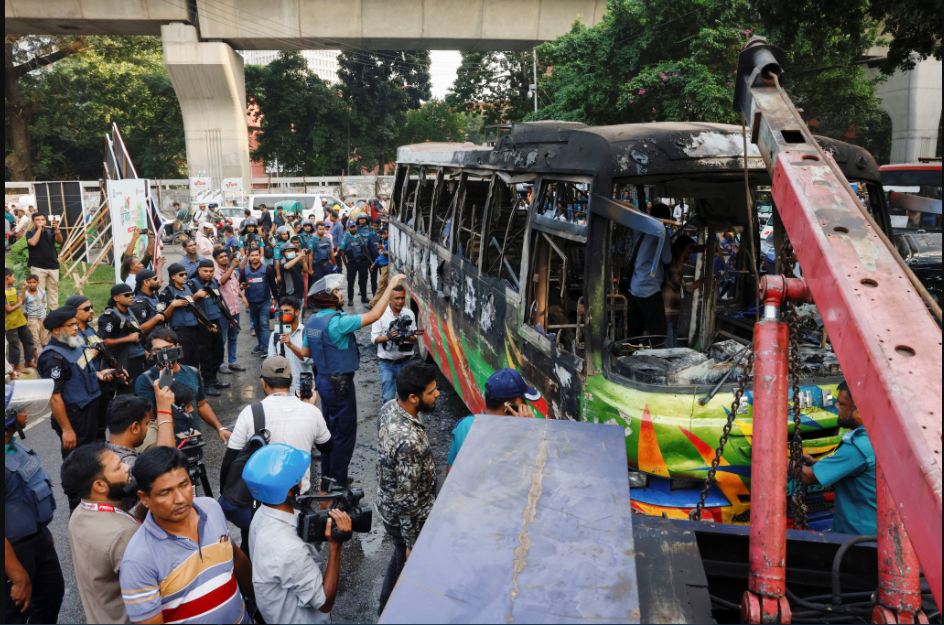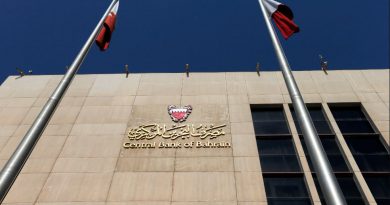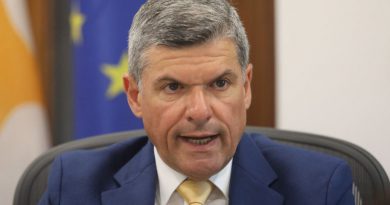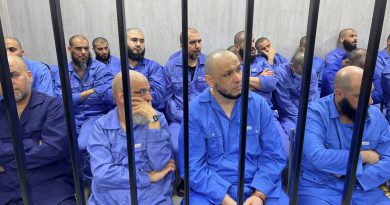Bangladesh’s main opposition to boycott vote if Hasina stays put
Dhaka (Reuters) – Bangladesh’s main opposition party will boycott the next general election if Prime Minister Sheikh Hasina does not make way for a neutral government to conduct the poll, two party leaders said, amid a crackdown on opposition politicians and deadly protests.
The Bangladesh Nationalist Party (BNP), whose top leadership is either jailed or in exile, is betting that if Hasina does not resign and allow in a caretaker government, boycotting the January election will de-legitimise any win for her and possibly invite international sanctions, one of the leaders said. It boycotted the 2014 election too but participated in 2018.
The United States, the top buyer of Bangladeshi garments, said in May it was implementing a policy allowing for the restriction of visas to Bangladeshis who undermine the democratic election process in the country of nearly 170 million people.
“BNP and the opposition political parties will not go to a fake election,” Abdul Moyeen Khan, a former minister and member of the BNP’s highest policy-making body, told Reuters on Wednesday.
“We will not legitimise a fake election this government intends to conduct by participating in it.”
Zahir Uddin Swapon, a former BNP lawmaker, said Hasina’s government would be answerable to Western governments if she failed to resign and allow a free and fair election contested by all parties.
Hasina, seeking her fourth straight five-year term in office, has repeatedly ruled out handing power to a caretaker government and accused the BNP of “terrorism and hooliganism”.
“Elections will happen like it happens in countries such as Canada and India … like it happened in 2018 in Bangladesh,” she told a press conference on Tuesday. “Routine government work will not stop.”
Rights group Amnesty International has accused the government of widespread arrests of opposition members, especially after huge anti-government protests at the weekend, in a bid to intimidate them ahead of the elections.
“The intensified crackdown on opposition party leaders and protesters over the weekend signals an attempt at a complete clamp-down on dissent,” said Yasasmin Kaviratne, Amnesty’s regional campaigner for South Asia.
The BNP said police have arrested nearly 2,300 of its activists since the Oct. 28 protest demanding Hasina’s resignation and more than half a dozen party activists have been killed. Two of them died on Tuesday as the BNP organised a three-day blockade.
Police say some of the arrests are linked to the death of a policeman in protests on Saturday.
“We are arresting those who were involved in the killing, arson and vandalism,” said a senior police official, who asked not to be named as he was not authorised to talk to the media.
Hasina’s main rival and two-time premier, BNP leader Khaleda Zia, is effectively under house arrest for what her party calls trumped-up corruption charges. Her son and BNP’s acting chairman, Tarique Rahman, is in exile after several charges against him that he denies.
Shakil Ahmed, an assistant professor at Jahangirnagar University in Dhaka, said street violence had become “regular in Bangladesh during the transfer of power”.
“Nevertheless, peace is possible,” he said. “Civil society organisations could play an important role in it.”



